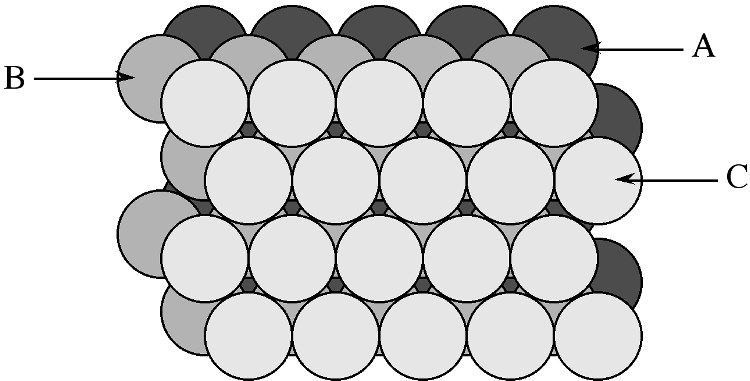Given a Barlow packing of $\mathbb{R}^n$ by balls with at most a finite number of different radii, the centers of the balls will form a Delone set in $\mathbb{R}^n.$
For a highest density sphere packing, or at least a Barlow packing of highest density among Barlow packings, must the corresponding Delone set be a Meyer set? A Patterson set? In the cases of dimensions 2 and 3 where the optimal packing using a single radius is known, the sets can be chosen to be lattices.
I looked for papers exploring this connection and could only find this one https://www-fourier.ujf-grenoble.fr/PUBLIS/publications/REF_678.pdf, which is good, but doesn't address the big picture questions above.
EDIT: As the comments indicate, we should restrict to Barlow packings. In this case the Delone sets always appear to be of finite local complexity.

